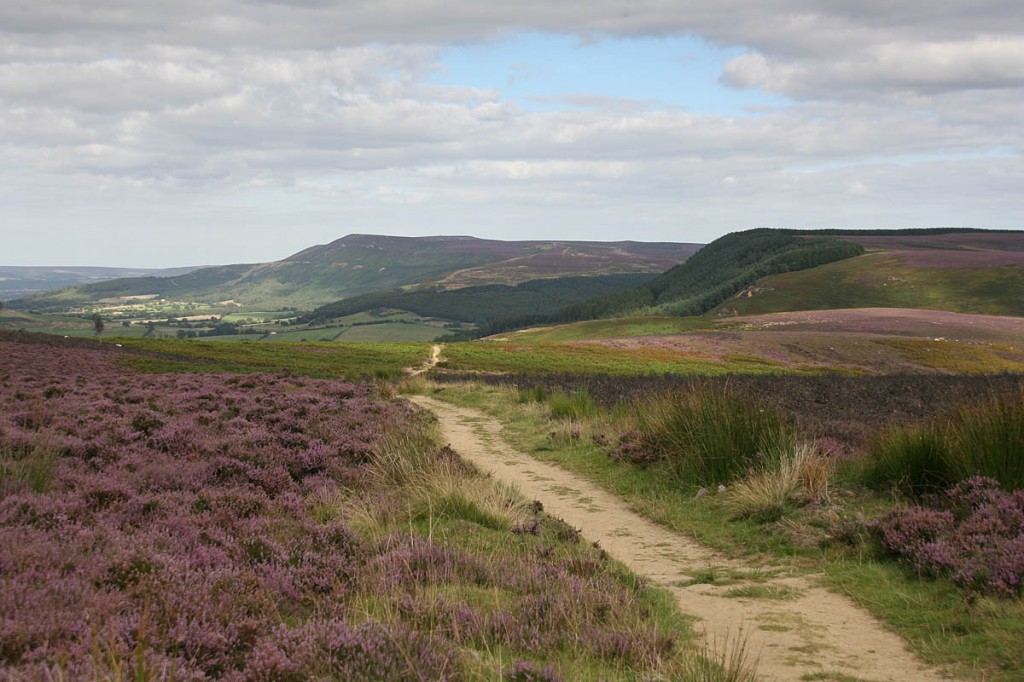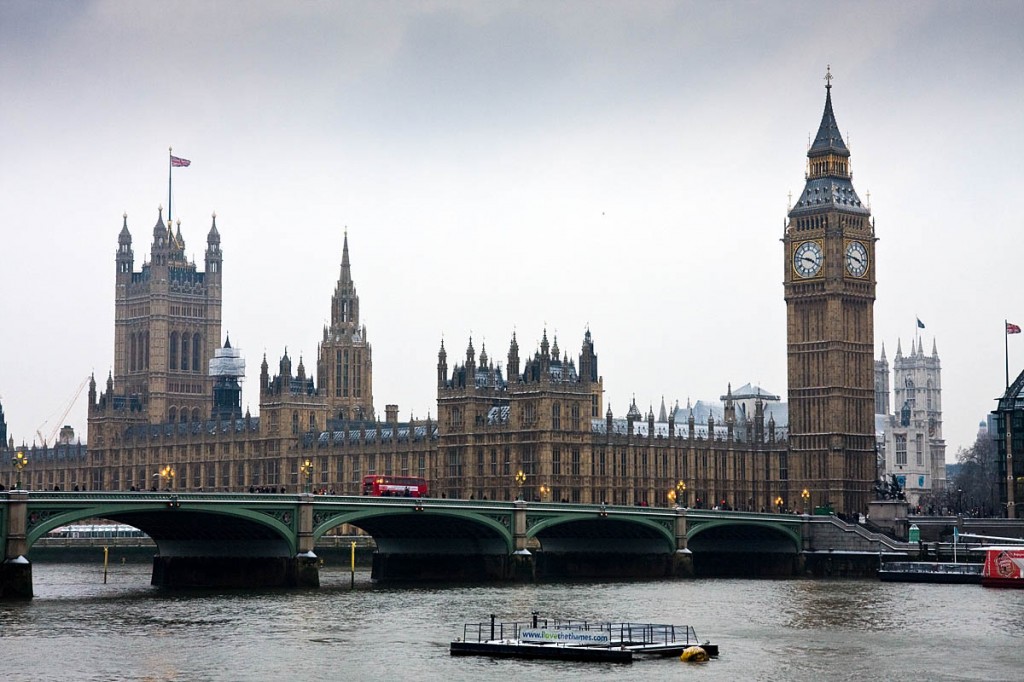
Campaigners say companies could site their rigs just outside national parks such as the North York Moors
Environmental campaigners have accused the coalition Government of backtracking on a commitment to ban fracking in national parks in England and Wales.
The Westminster Government initially accepted a series of opposition amendments to the Infrastructure Bill, but these were dismantled in the House of Lords.
Energy companies may now be allowed to drill under national parks and areas of outstanding beauty, as long as the rigs are sited outside the park boundaries. This led campaigners to raise the prospect of drilling works encircling the protected areas, with horizontal drilling operations extending well into them.
The Campaign to Protect Rural England said: “Two weeks ago the Government accepted a number of amendments, including those ruling out fracking in and under national parks and requiring an environmental impact assessment.
“Peers in the House of Lords subsequently unpicked these and other safeguards by supporting the Government’s weaker version, but it was hoped that the Government, at the insistence of MPs from across the House, would reinstate strong protections.
“In a short debate in the Commons last night, these protections were not adopted, with ministers suggesting that it ‘might not be practical’ to ban fracking under as well as in all Areas of Outstanding Natural Beauty and National Parks ‘without unduly constraining the industry’.”
Energy and climate change minister Amber Rudd told MPs: “There is a strong case that sites such as world heritage sites and the Norfolk Broads should be protected from fracking taking place under them.
“In other cases, that would not be so sensible. For example, in the case of areas of outstanding natural beauty and national parks, given their size and dispersion, it might not be practical to guarantee that fracking will not take place under them in all cases without unduly constraining the industry.
“Shale gas is an exciting new energy resource for the UK, with huge potential that we can deliver safely. Now is the time to seize, not squander, the opportunity to develop the United Kingdom’s shale industry.”
Caroline Lucas, Green Party MP for Brighton Pavilion, said during the one-hour debate: “The Government’s attempt to weaken the partial protections is reprehensible: failing to ban fracking in groundwater source protection zones, failing to require an environmental impact assessment, and failing to rule out fracking underneath as well as in national parks and protected areas.
“What a mockery this is making of legitimate public concerns on fracking, and indeed of the democratic process. The paltry hour scheduled for today’s debate is particularly disgraceful, given the lack of time that we had to debate the issues on report. These are far-reaching changes that are being discussed here, and our constituents deserve better. Parliament has let them down tonight.”
Nick Clack, senior energy campaigner at the CPRE, said: “The Government claimed last week to have introduced strong legal safeguards on fracking to protect the countryside and communities. Yesterday ministers undermined that claim and further eroded public confidence.
“It is both disappointing and concerning that the Government has chosen not to reinstate in legislation important controls such as the explicit requirement for an environmental impact assessment, or the outright ban on fracking under national parks and other protected areas they previously committed to.
“This calls into question the Government’s commitment to so-called world class fracking regulation.
“We are also concerned that the definition of fracking introduced by the Government, based on the volume of fracking fluid, could enable companies to bypass the limited legal controls that have been retained.
“As the Government’s changes to the safeguards, which have now become law, significantly weaken them, further strengthening of the legal requirements are therefore still necessary to ensure robust protections for the countryside and communities, and to provide members of the public with the reassurance they need.”
At the end of February, a Westminster spokesperson said: “The Government has already built a robust regulatory system for the development of the shale industry in the UK.
“We are committing to formalise the safeguards, including a new ban on fracking in national parks, areas of outstanding natural beauty and sites of special scientific interest.
“Successfully extracting shale gas out of the ground can create a whole new British industry, creating jobs, and make us less reliant on imports from abroad, but we recognise the need for a measured approach for this nascent industry.”

Timbo
13 February 2015Oh well, protecting the environment has to come second if regulations unduly constrain the industry. Greenest govenrment ever, my a**e